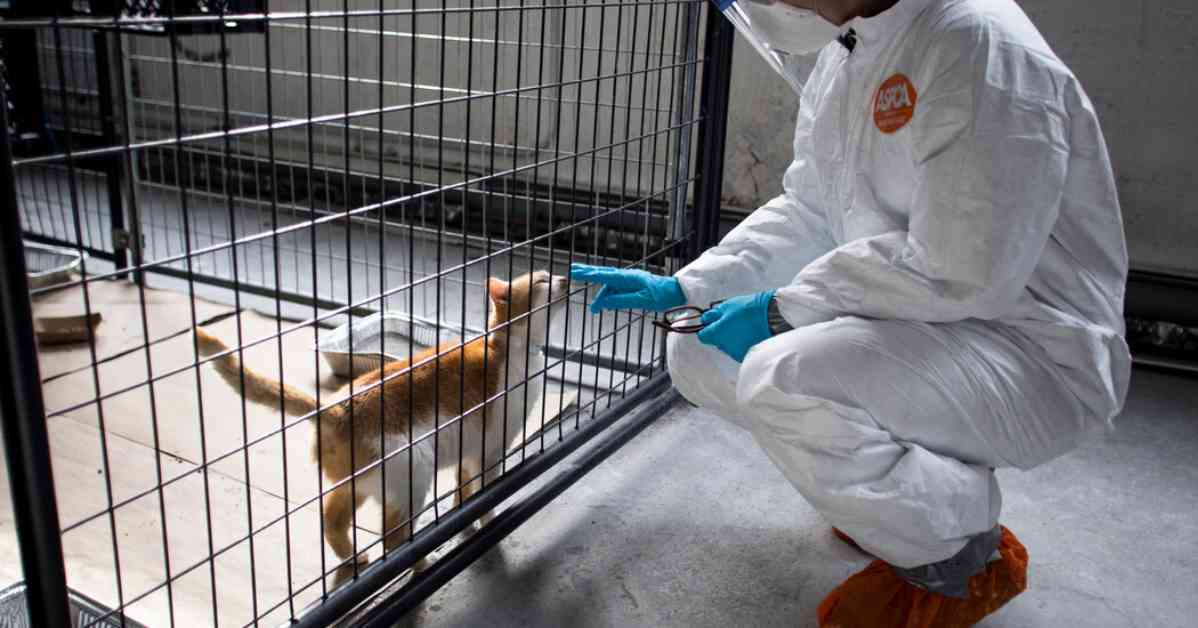Bird flu, also known as avian influenza, has been spreading rapidly through dairy cows in the United States, infecting over 90 herds in 12 states. This outbreak has not only affected cows but has also spread to poultry farms and even to farm workers who showed mild symptoms of illness. Unfortunately, the virus has also been impacting cats, with sick or dead cats serving as an early warning sign on some dairy farms.
According to Dr. Kammy Johnson, a veterinary epidemiologist for the Agriculture Department, cats are particularly vulnerable to avian influenza, especially the H5N1 strain that emerged in 2020. Since late March, at least 21 cats in nine states have been infected with the virus. This recent increase in domestic cat infections is concerning and highlights the importance of taking precautions to protect pets.
While cases of bird flu in dogs are rare, there have been sporadic reports of infected dogs as well. It is crucial for pet owners to be aware of the risks and take necessary steps to keep their furry companions safe. The virus can cause severe illness in cats, often leading to death, so it is essential to treat it seriously.
Experts recommend taking reasonable precautions to prevent the transmission of bird flu to pets. This includes avoiding contact with sick or dead birds, properly disposing of bird carcasses, and keeping cats indoors to reduce their exposure to infected birds. Additionally, pet owners should consult their veterinarians if they suspect their pets have been exposed to the virus.
As the outbreak continues to unfold, it is important for pet owners to stay informed and vigilant. By following these guidelines and seeking prompt veterinary care if needed, pet owners can help protect their beloved animals from the risks associated with bird flu. Stay safe and keep your pets healthy!





















